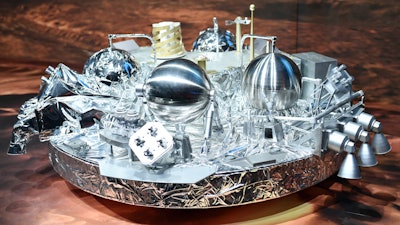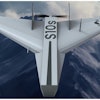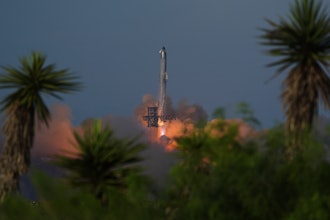
BERLIN (AP) — An independent report has concluded that Europe's Schiaparelli probe crash-landed on Mars last year because its systems couldn't cope with a brief, wild rotation during its descent.
The report commissioned by the European Space Agency says the sudden spin — lasting only one second — overloaded the probe's sensors, making it think it had already reached the ground.
This made the probe release its parachute early and only briefly fire its thrusters. Schiaparelli hit the ground at 540 kph (336 mph), leaving a visible crater.
ESA's director of human spaceflight and robotic exploration says if engineers had foreseen the high rotation rate the system could have been designed to cope with it.
David Parker said Wednesday the results will help scientists prepare for a robotic mission to Mars in 2020.






















